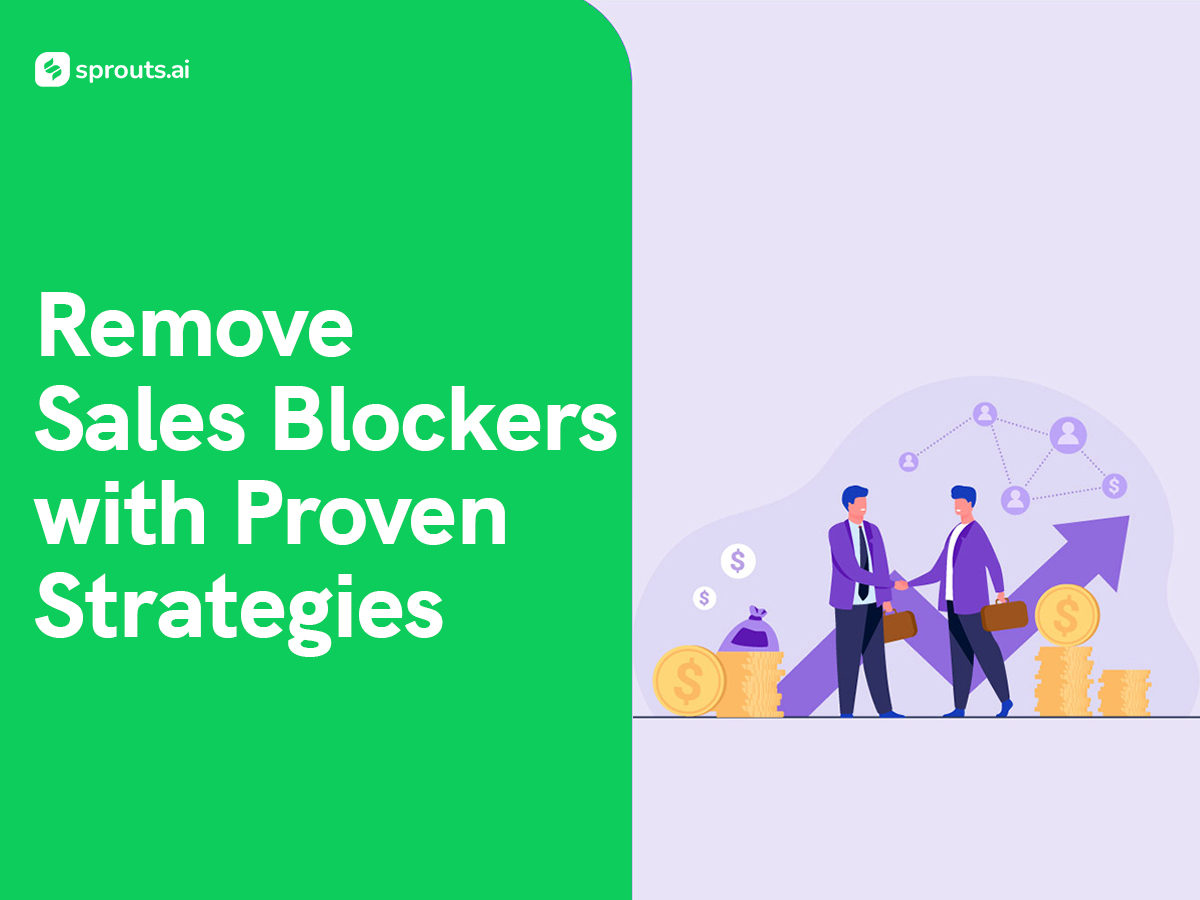Objections are inevitable roadblocks that can either derail your efforts or serve as stepping stones to success. Sales professionals who have mastered the art of objection handling understand that objections are not a rejection but an opportunity to engage, educate, and ultimately close the deal. In this blog, we will explore strategies for overcoming objections at every sales funnel stage.
1. Understanding the Nature of Sales Objections
Before delving into strategies, it’s crucial to recognize that objections come in various forms, such as price concerns, product fit issues, timing problems, or skepticism about your solution. Successful objection handling starts with empathetic listening and actively engaging prospects to uncover the root causes of their concerns.
2. Pre-emptive Objection Handling
Proactive objection handling involves addressing potential objections before they arise. Thorough product knowledge, customer testimonials, and clear communication can pre-emptively dispel doubts, creating a more positive interaction.
- Thorough Product Knowledge: The foundation of pre-emptive objection handling is a deep understanding of your product or service. Anticipate objections and be ready with compelling responses.
- Customer Testimonials: Real-world success stories and testimonials act as pre-emptive strikes against skepticism, showcasing your product’s efficacy.
- Clear Communication: Avoiding jargon and using clear, concise language ensures that your message resonates and minimizes the chances of misunderstandings.
3. Handling Objections in the Prospecting Stage
During prospecting, objections often revolve around time, interest, and relevance. Effective handling requires tailored strategies:
- Time Objections: Showcase how your solution can save time, making a compelling case for its efficiency.
- Interest Objections: Re-engage disinterested prospects by highlighting unique selling points and addressing specific pain points through open-ended questions.
- Relevance Objections: Share real-life examples to demonstrate how your offering is relevant to their specific needs and challenges.
4. Objection Handling in the Discovery Stage
Discovery objections often relate to specific needs, budget constraints, or concerns about the competition. Customized solutions and flexibility are key:
- Needs-Based Objections: Tailor your solution to their needs, showcasing a deep understanding of their requirements.
- Budget Objections: Explore flexible payment plans or emphasize cost-saving benefits to justify the investment.
- Competition Objections: Highlight your unique value proposition, providing a detailed comparison to showcase your product’s superiority.
5. Overcoming Objections in the Presentation Stage
In the presentation stage, objections often focus on doubts about features, benefits, or your value proposition. Clear communication and showcasing benefits are vital:
- Feature-Related Objections: Emphasize benefits and offer detailed demonstrations to address concerns about specific features.
- Value Proposition Objections: Reinforce the unique value your product offers, substantiating claims with data, case studies, and testimonials.
- Benefit Clarity: Ensure prospects fully understand how your offering benefits them by confirming their understanding through open-ended questions.
6. Objection Handling in the Closing Stage
Closing objections often involve commitment, timing, or pricing concerns. Strategies here include addressing concerns head-on and providing alternatives:
- Commitment Objections: Remind prospects of the value they will receive and offer trial periods or satisfaction guarantees to ease concerns.
- Timing Objections: Discuss specific timelines and emphasize time-sensitive benefits or promotions.
- Discount Requests: Explain the value of your product or service and, where applicable, explore alternative pricing options or add-ons.
7. Post-Sale Objection Handling
Addressing objections post-sale is vital for maintaining customer satisfaction and preventing buyer’s remorse:
- Effective Onboarding: Thorough onboarding ensures customers understand how to use your product or service effectively.
- Regular Check-Ins: Follow up regularly to address any concerns arising after the purchase, showing commitment to customer success.
- Leveraging Feedback: Use objections and feedback to continually improve your product or service, demonstrating a commitment to excellence.
8. The Power of Empathy and Active Listening
Throughout the objection-handling process, empathy and active listening play a pivotal role:
- Empathy: Understanding and acknowledging the prospect’s concerns fosters trust and opens the door for effective objection handling.
- Active Listening: Asking open-ended questions and paraphrasing to confirm understanding make prospects feel heard and valued, facilitating objection resolution.
9. Role-Playing and Training
To master objection handling, regular role-playing and training sessions are essential:
- Practice Scenarios: Simulate various objection scenarios to refine objection-handling skills within the sales team.
- Constructive Feedback: Encourage feedback during role-playing sessions to develop effective objection-handling strategies collectively.
10. Continuous Improvement
In sales, learning is an ongoing process:
- Record and Review: Keep records of objections encountered and successful strategies used, regularly reviewing them for continuous improvement.
- Professional Development: Attend seminars, read industry books, and stay updated on sales trends to stay at the forefront of objection-handling strategies.
Mastering objection handling is a skill set that evolves. By understanding the objections, actively listening, and employing effective strategies at each sales funnel stage, you can build trust, address concerns, and ultimately close more deals. Committing to continuous improvement ensures you remain a dynamic force in the sales landscape.

